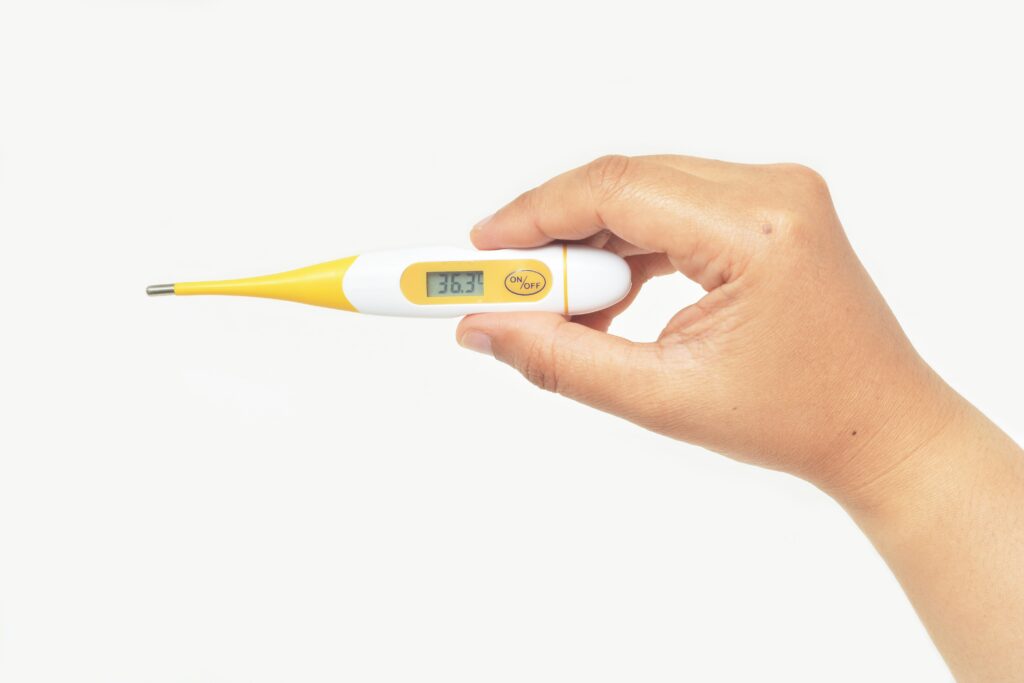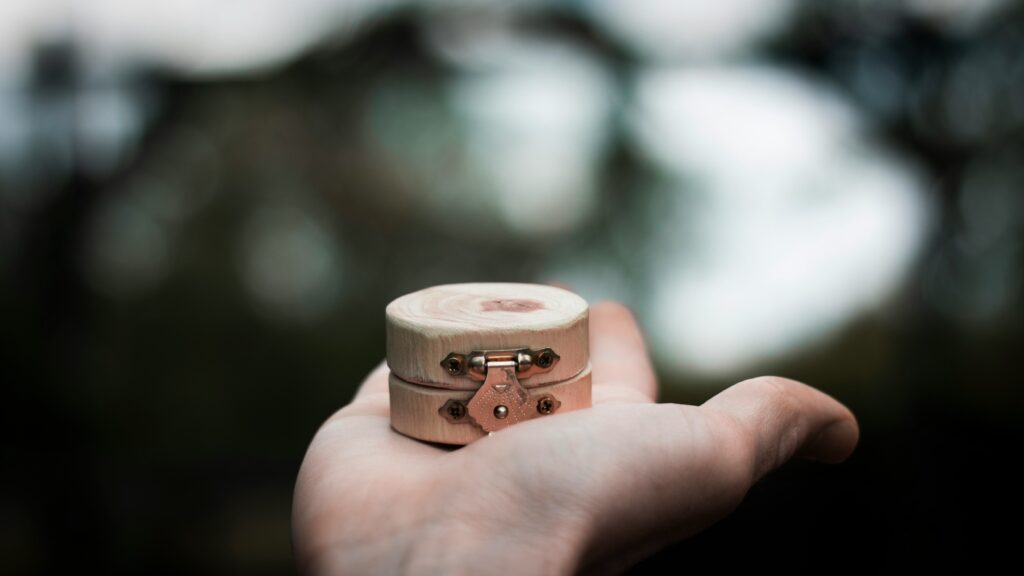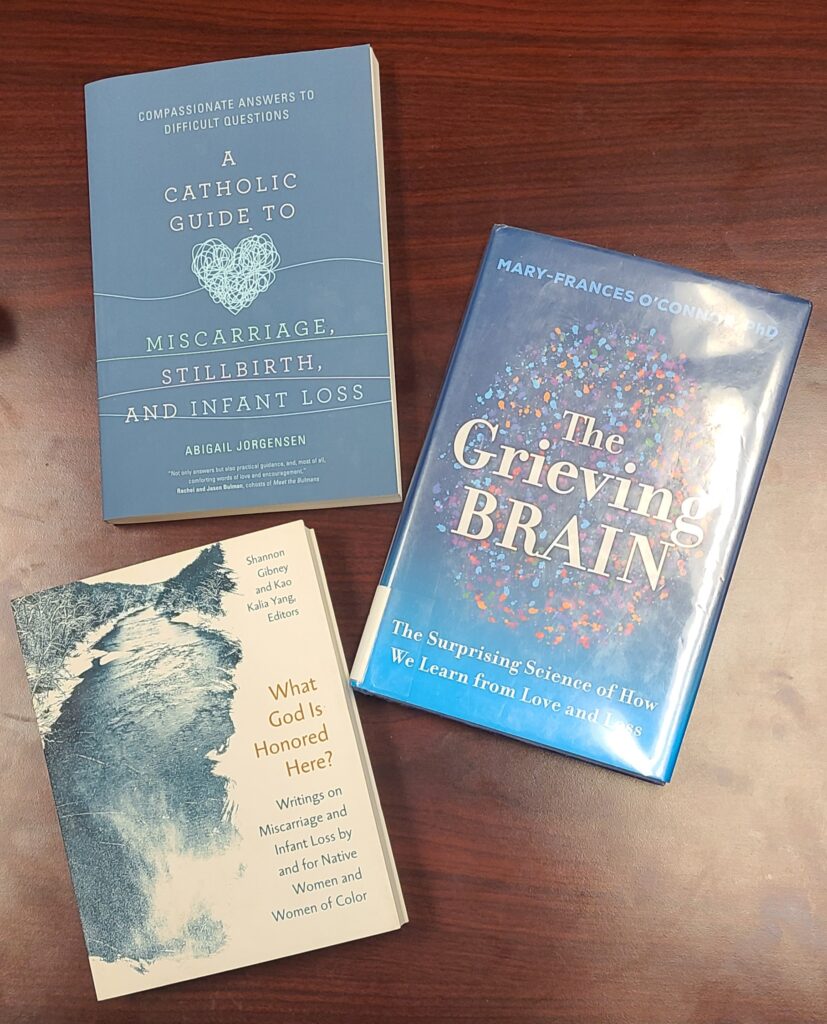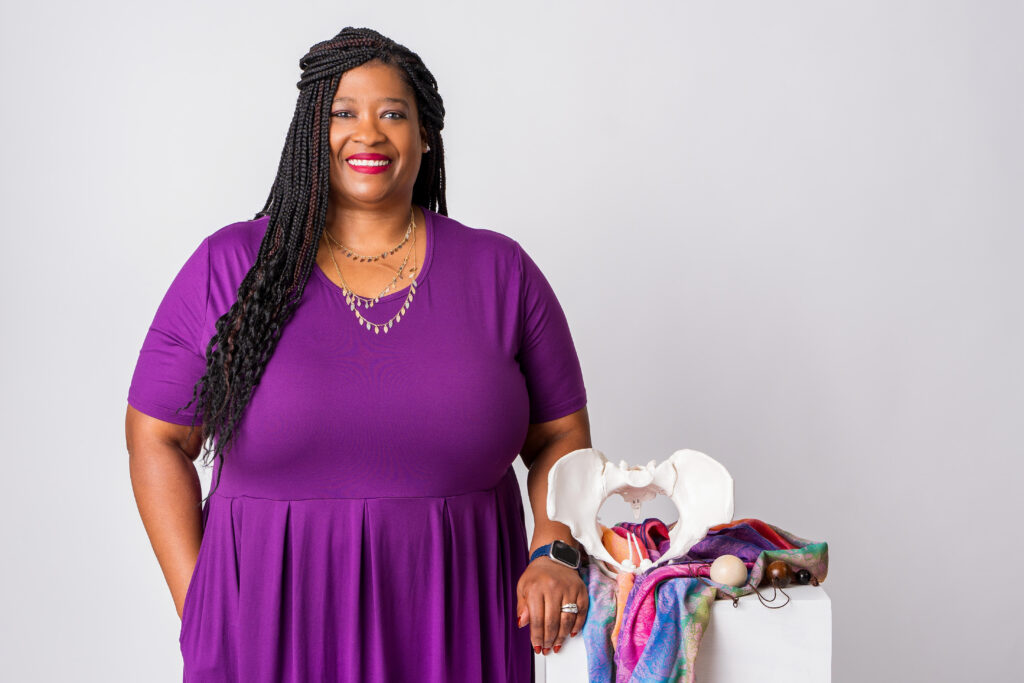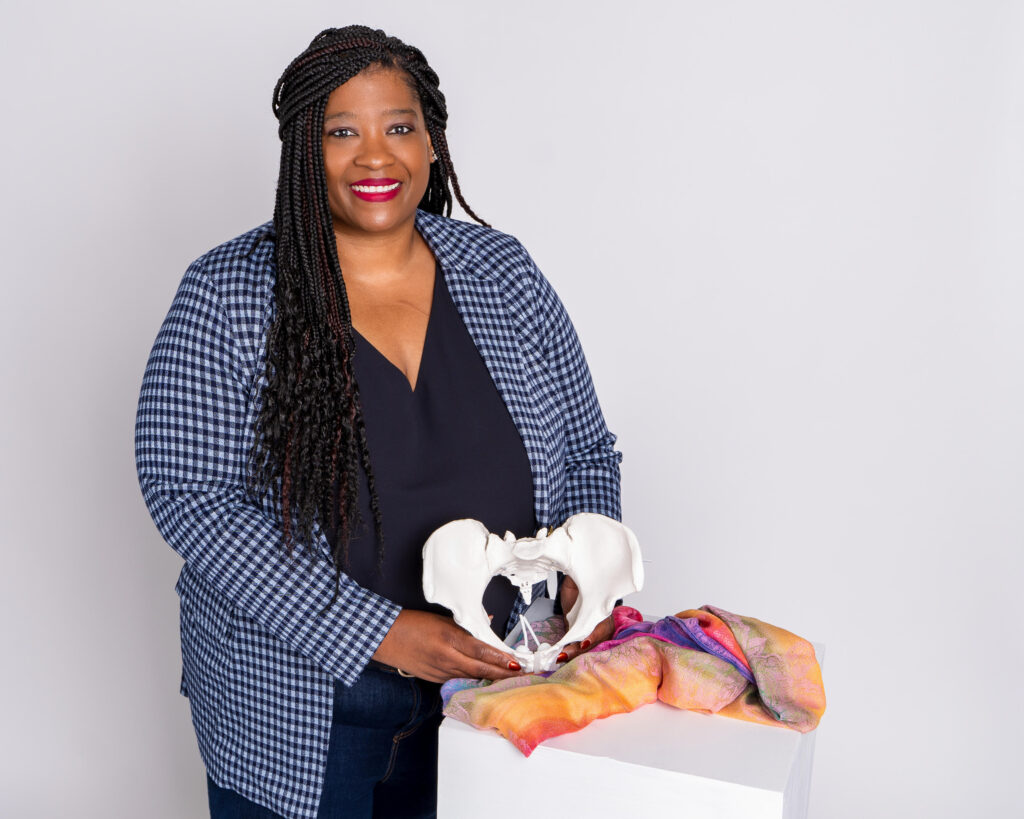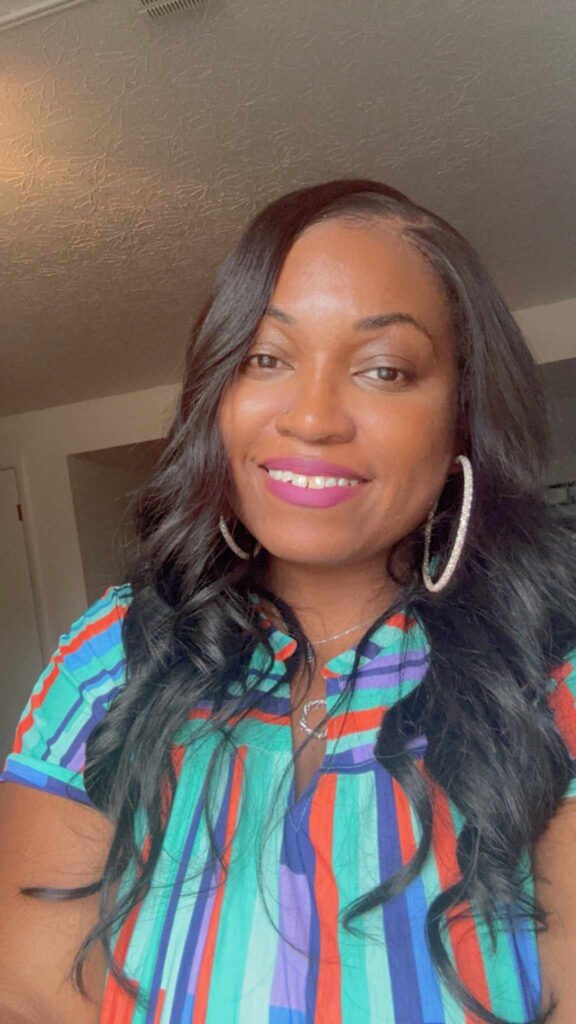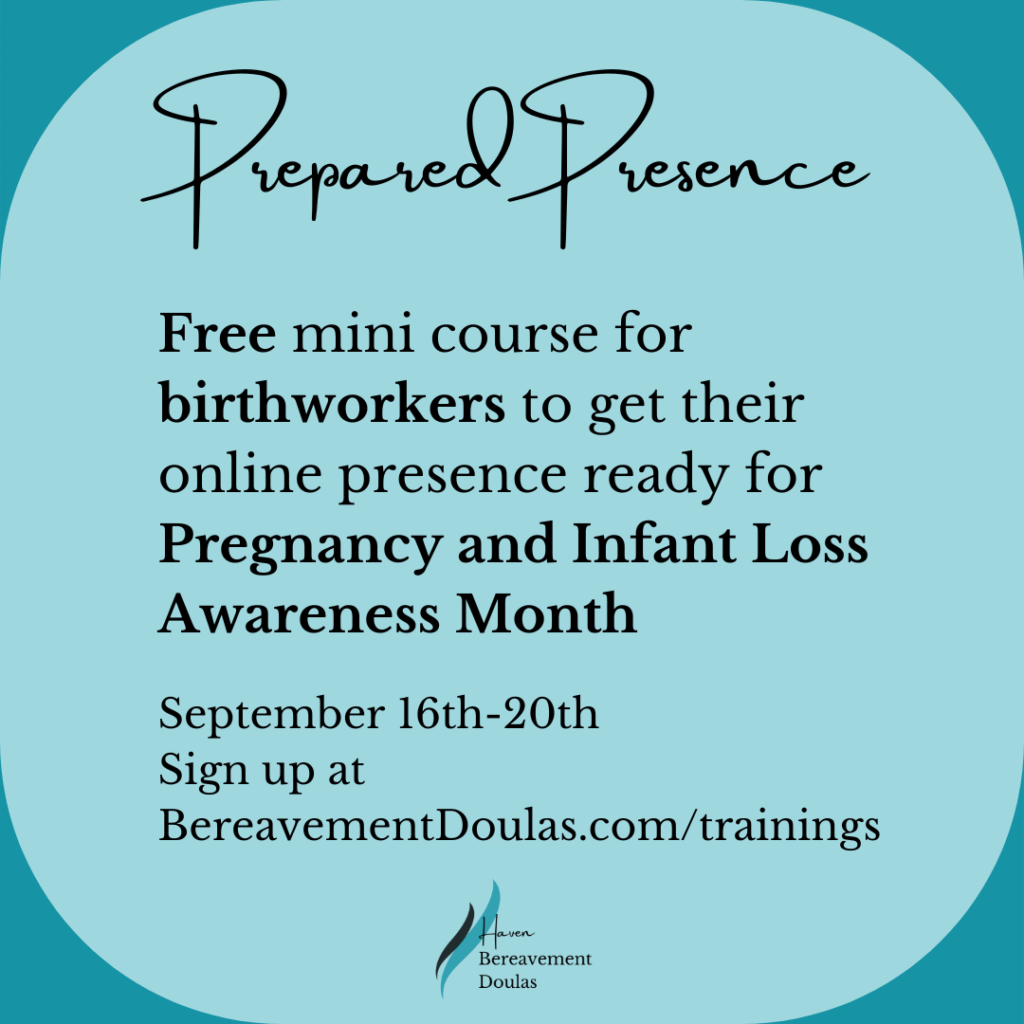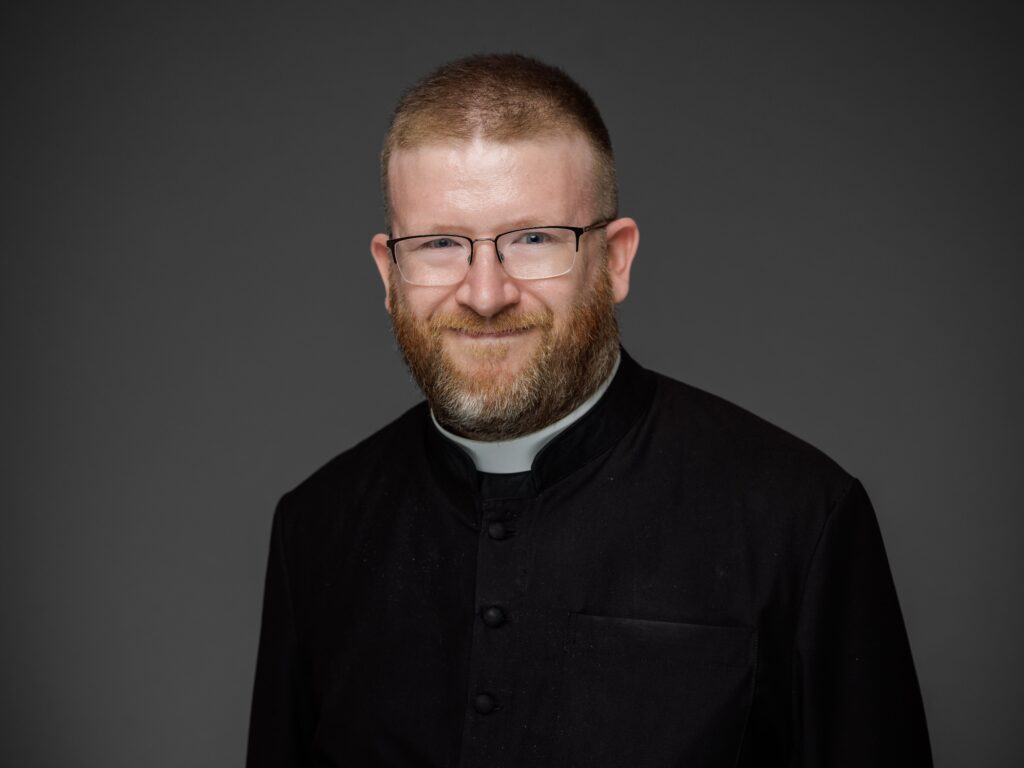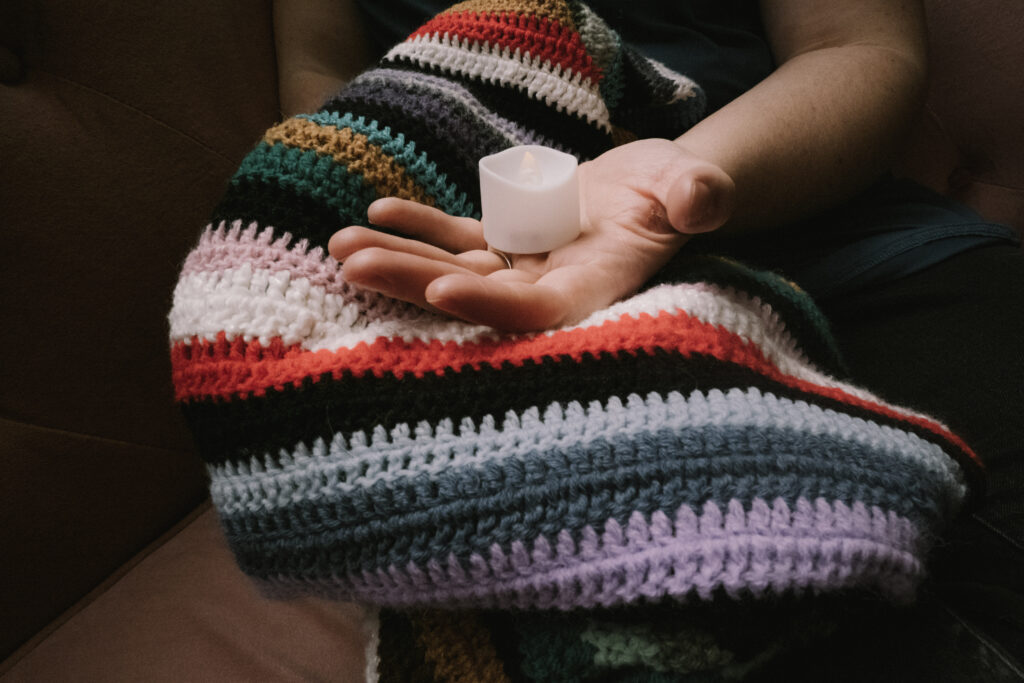In this spotlight, we feature Br. Bobby McFadden, Haven-trained bereavement doula in South Bend, Indiana.
Br. Bobby, why did you decide to become a bereavement doula?
I decided to become a bereavement doula, because I wanted to accompany those who experienced miscarriage, stillbirth, or infant loss. Before becoming a bereavement doula, I had worked with some families who had experienced these trials. While I was able to accompany them, I knew that I needed skills to become better grief-informed.
I also have felt that this has been a big part of my vocation. We are all called to provide the hope of God’s unconditional love to others. Before becoming a bereavement doula, I was already living out this call by serving graduate students as a chaplain and many students as a college professor. I believe that God has called me to accompany others who experience such loss.
Why did you decide to take a Haven Bereavement Doula training?
I decided to become a Haven Bereavement Doula because I wanted to be trained and to be certified in a holistic way. Through my Haven Bereavement Doula training, I was able to explore how I can accompany loss families physically, emotionally, spiritually, and philosophically. Haven Bereavement Doulas are meant to be a beacon of hope and a sanctuary for loss families, where they can experience healing and love during a very difficult time for them. I want to be this source of hope for loss families, and I know that as a Haven Bereavement Doula, I could receive such training in order to be a source of hope.
What does serving as a bereavement doula look like for you right now?
Currently, I am serving as a bereavement doula in three ways.
First, I accompany students who may be experiencing loss at the University of Notre Dame.
Second, I try to help my students to become more grief-informed both in terms of my advising and my role as advisor in the Saints for Life club at Holy Cross College.
Third, I am currently researching what the Catholic Intellectual Tradition says about the accompaniment of loss families. In particular, I am exploring St. Augustine and the relationship which he had with his family, and how he dealt with the loss of his son. In my academic work, I to explore his notion of hope and the unconditional love of Christ to think about how we as ministers and doulas might better experience the love of Christ in times of grief.
How else do you serve your community?
I serve my community in two other ways.
First, I am a professor of theology and literature at Holy Cross College. I teach courses on literature, theology, and writing. In my teaching, I try to help my students to explore those enduring human questions which tug at our human heart and mind. I wish my students to see the value of the intellectual life and develop a philosophical habit of mind, where students can view all aspects of a question and work toward finding the Truth. In the words of Basil Moreau, I hope to bring students to completeness, since we are about the work of the Resurrection.
Second, I am a chaplain for graduate students, professional students, and post-docs at the University of Notre Dame. I help to coordinate Mass for these students and other opportunities for prayer and fellowship. I accompany these students in whatever way they can by serving as a spiritual and mental resource.
What is one thing that you like to do to take care of yourself?
One thing that I look to do to take care of myself is to read! I like to read theology, philosophy, sci/fantasy novels, British literature, Catholic novelists, and Southern literature. Although I am a scholar and I do reading in my day job, I think that it is really important to make sure that we attend to all aspects of our being. This includes not only being connected to our reason, but also our imaginations. I love entering worlds which are not my own, and joining with others on all sorts of adventures! When I read a good theological work, a philosophical treatise, or novel, I am entering into conversations with others. This makes me feel very connected to others, and I find it very relaxing!
Do you have any advice for anyone who is considering becoming a bereavement doula? (perhaps especially men, clergy, etc.)
Although my advice would apply to anyone who is considering becoming a bereavement doula, I think that this especially applies to men and clergy/religious. When I became a bereavement doula, I received a sticker which read “listening is an act of beauty and an act of justice.” I liked this phrase, because I think that doulas who are men and clergy/religious must remember that they possess this one skill above all else: listening.
Bereavement doulas will encounter in their ministry real human beings who have their own story of grief to tell. As men and clergy/religious, we must remain humble and remember that we cannot do not everything. In particular, we will often be called to walk with women who are experiencing loss, and we must be willing to provide them particularly the space to tell their stories, since they are experiencing their loss from their own unique vantage point. There is a lot of mistrust of men and clergy/religious in this world, and some of this has been unfortunately rightly earned. In order to counter this and bring the hope of Christ’s unconditional love to loss families, there is nothing more just and nothing more beautiful than providing someone a sanctuary by giving them the space to speak about their loss by listening.
We all want to know that we are loved and we want to be loved. We want those whom we lose to be seen and to be loved as well. As bereavement doulas, we can offer this simple human gift to loss families by remaining humble and justly serving them by helping to give them a voice to speak.
We thank Br. Bobby for his reflection and his work!
For more information about becoming a bereavement doula, check out our guide here.

